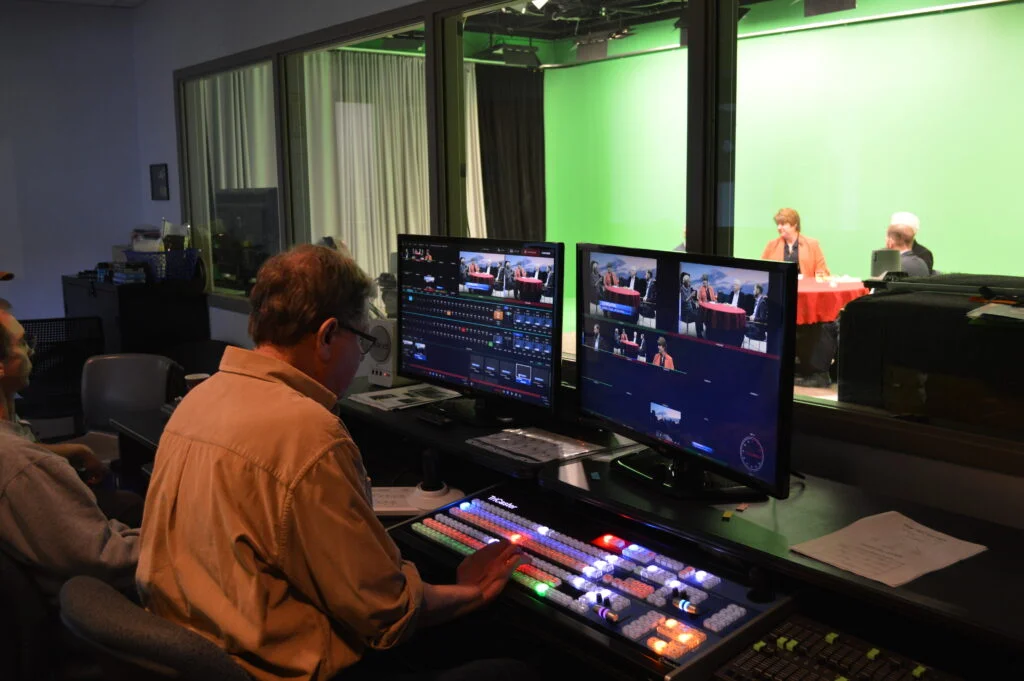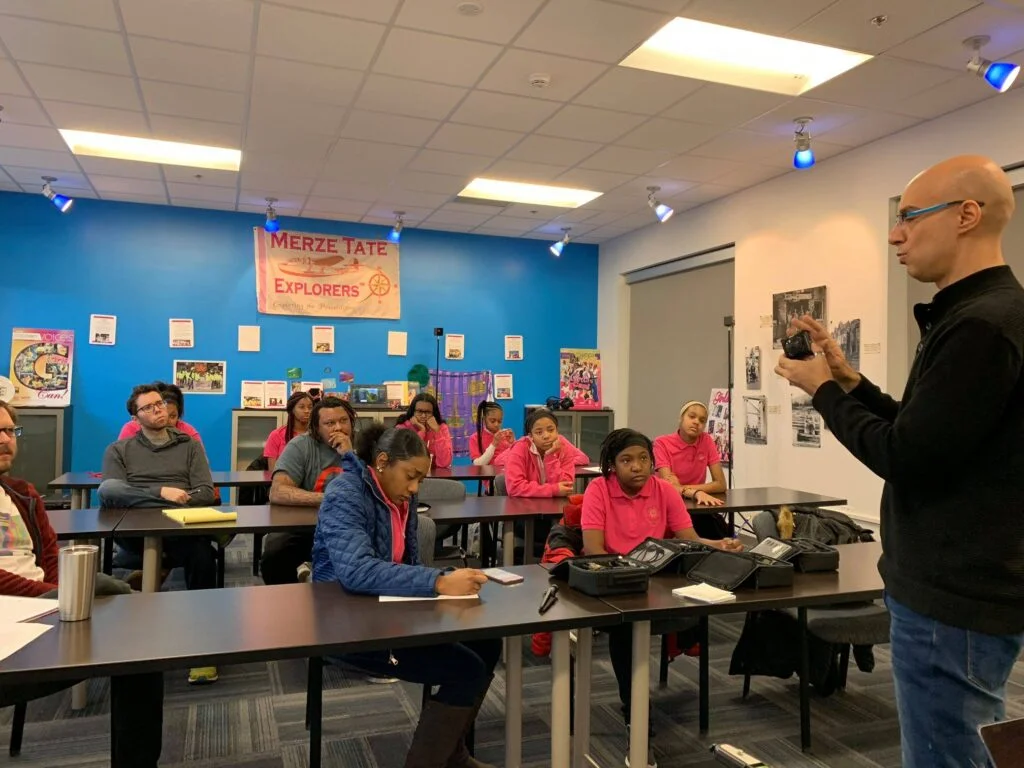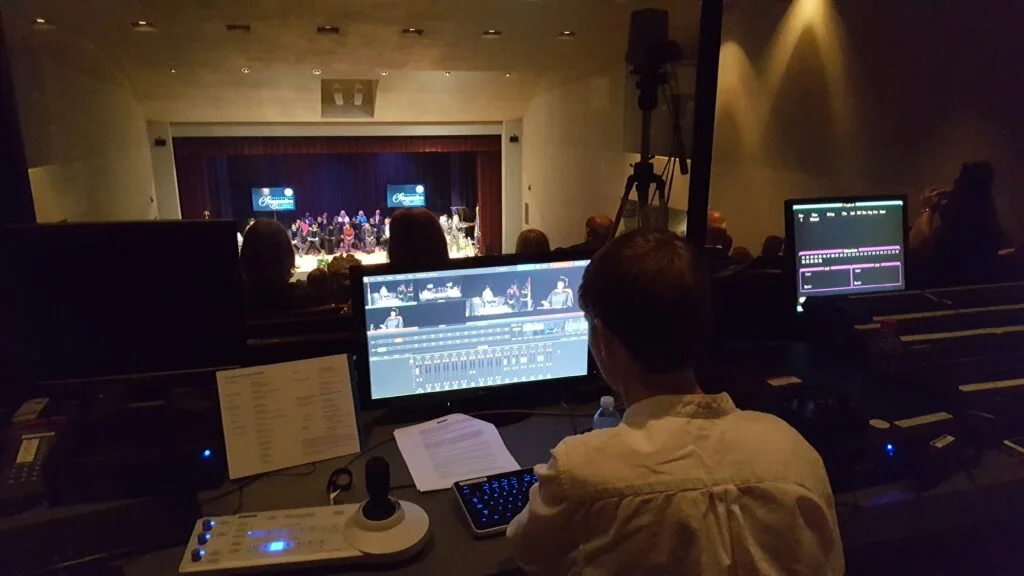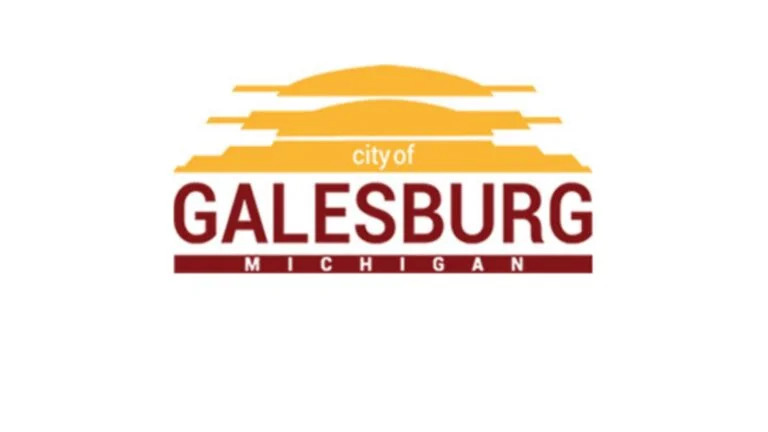
independent
media
People-powered media that allows you to tell your own story through media. Videos reach a larger local audience through our community distribution platforms.
media arts
PROGRAMS
Our programs provide hands-on opportunities to learn digital media and television from concept to distribution to produce local media with a clear civic purpose.


Content
studio
Partner with our team of industry professionals and apprentices to produce local television and expand your audience.
civic
info
A local storytelling platform amplifying community news so you can be informed and engaged.

PMN Storyboard
Youth Media Summer Camps 2024!
Youth Media Summer Camps 2024 at Public Media Network!
Tell Community Stories with Amplify Kalamazoo
Join Amplify Kalamazoo and Share Community Stories! Want to see more…
School of Choice Process
Presentation at the February 22, 2024 Kalamazoo Public Schools Board of Education…
sign up for our newsletter
PMN Connector
Thanks to our funders & sponsors














Access to media production resources and local information is made possible by the support of people like you.
Donate today and add your name to our list of supporters.



